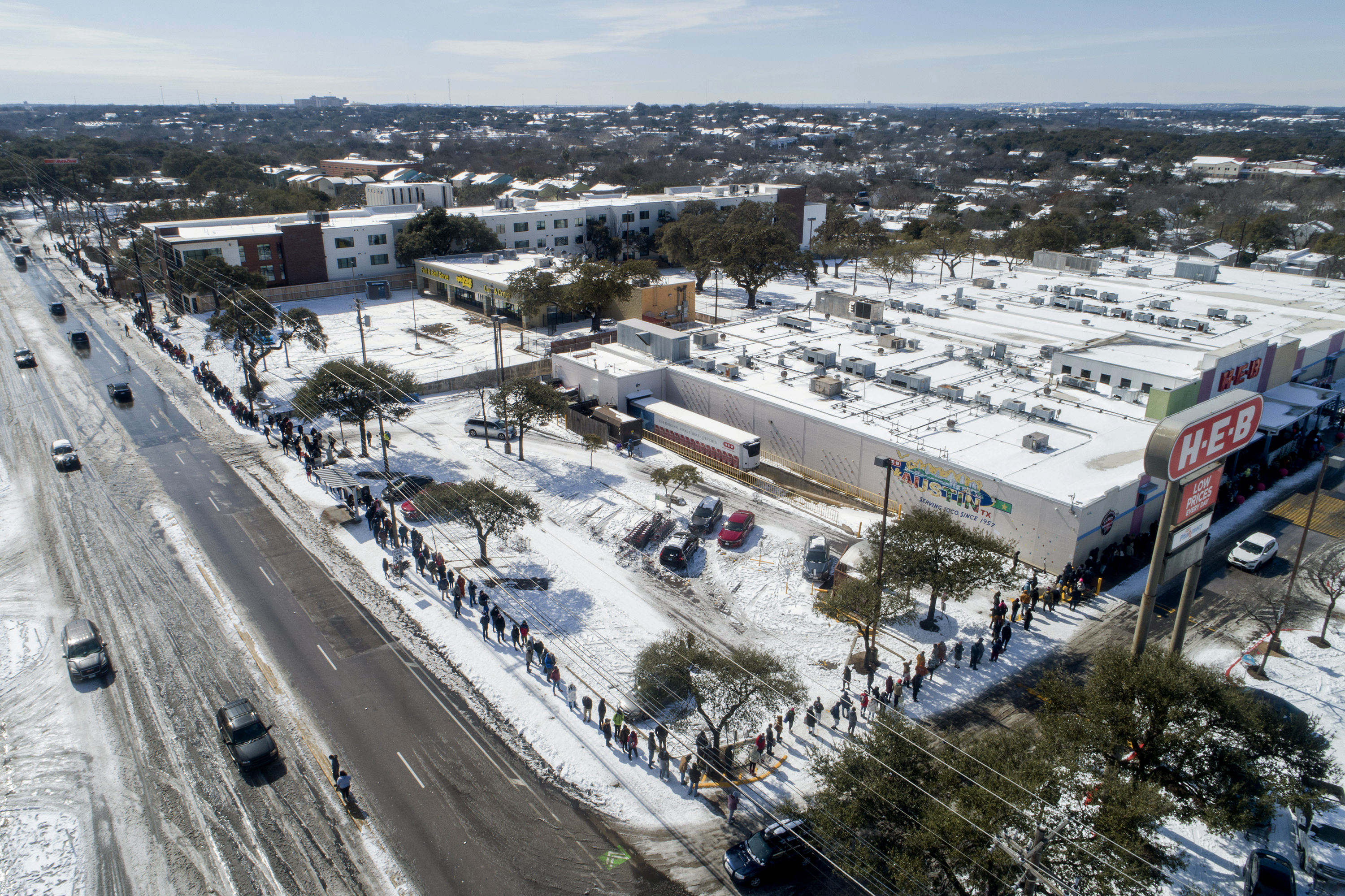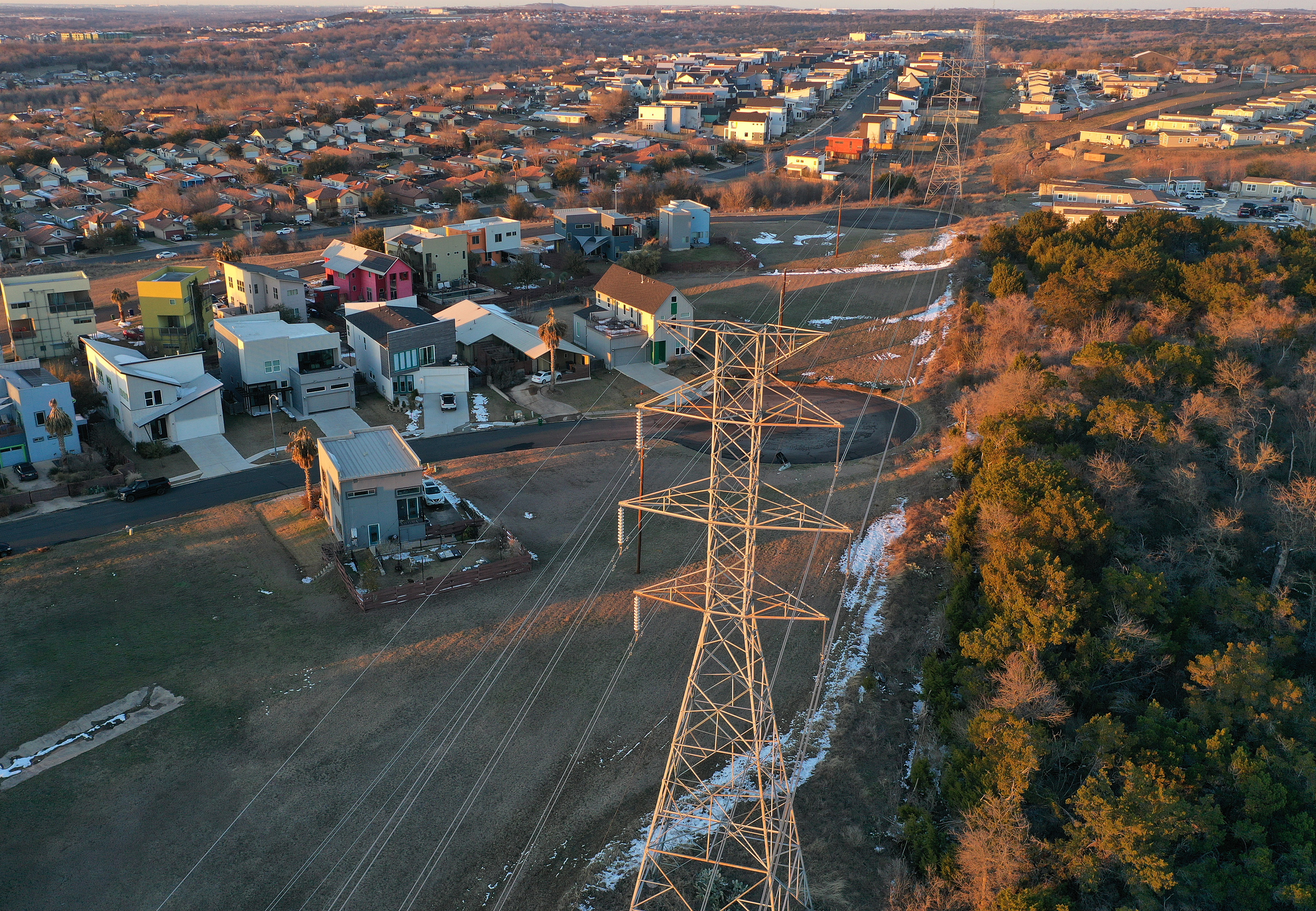Some Maine seafood distributors are feeling the impact of recent severe winter weather in the southern United States and Texas.
One of the Mainers affected is Togue Brawn, the owner of Downeast Dayboat, a company that sends seafood like fresh, raw scallops all over the country within 24 hours.
“Anyone who ships perishable seafood ... when they hear the word delay, it’s a bad thing,” she said.
Just before Valentine’s Day, Brawn got word that a recent shipment of seafood had not reached its destination because of delays at a FedEx facility in Memphis, Tennessee, she said.
Get Boston local news, weather forecasts, lifestyle and entertainment stories to your inbox. Sign up for NBC Boston’s newsletters.
“I had 10 boxes that didn’t get where they’re supposed to go because of problems at the Memphis hub,” Brawn said.
The delays were caused by snowy, icy and cold weather that has impacted millions of people in the southern United States.
According to an NBC News report from Feb. 16, weather conditions had even delayed COVID-19 vaccine shipments at the same FedEx facility along, with a similar UPS facility in Louisville, Kentucky.
Brawn has been using FedEx for nine years and calls their service “great,” but said the loss of the product was “unprecedented” for her business.
As of Monday, she was still feeling the weather’s impact. She will not be shipping any shellfish or other products this week because she does not want to risk them spoiling or losing freshness during a slow transit.
Brawn has also had to delay a sake and scallop pairing virtual masterclass event, in which customers were supposed to receive shellfish, then log on for a gastronomic video conference.
To make up for shipments she had on hand but did not want to risk last week, Togue also sold about 300 lbs. of seafood at a discount in a pop-up sale directly to local Maine customers.
“Thank goodness for social media,” she said, explaining that she “had a fire sale at J’s Oyster where I work in non-COVID times and made a lot of people very happy.”
Still, even with that swift pivot, the surprise delays have cost Brawn thousands of dollars, she said.
“If it keeps up, it’ll be $10,000,” she said, adding that her hope is that she’ll feel comfortable sending out raw seafood again next week.
Despite the bite to her bottom line, Brawn believes she is fortunate because financial losses are easier to recover than irreplaceable lives and homes.
“I consider myself pretty lucky that my biggest stressor right now having delayed boxes, there are people freezing in Texas,” she said.



